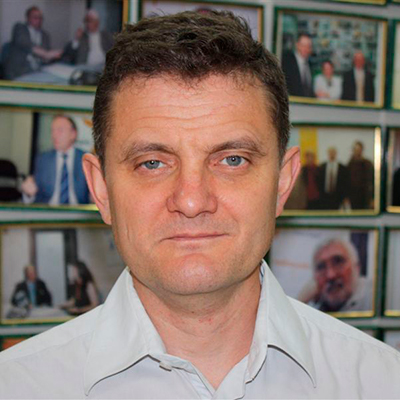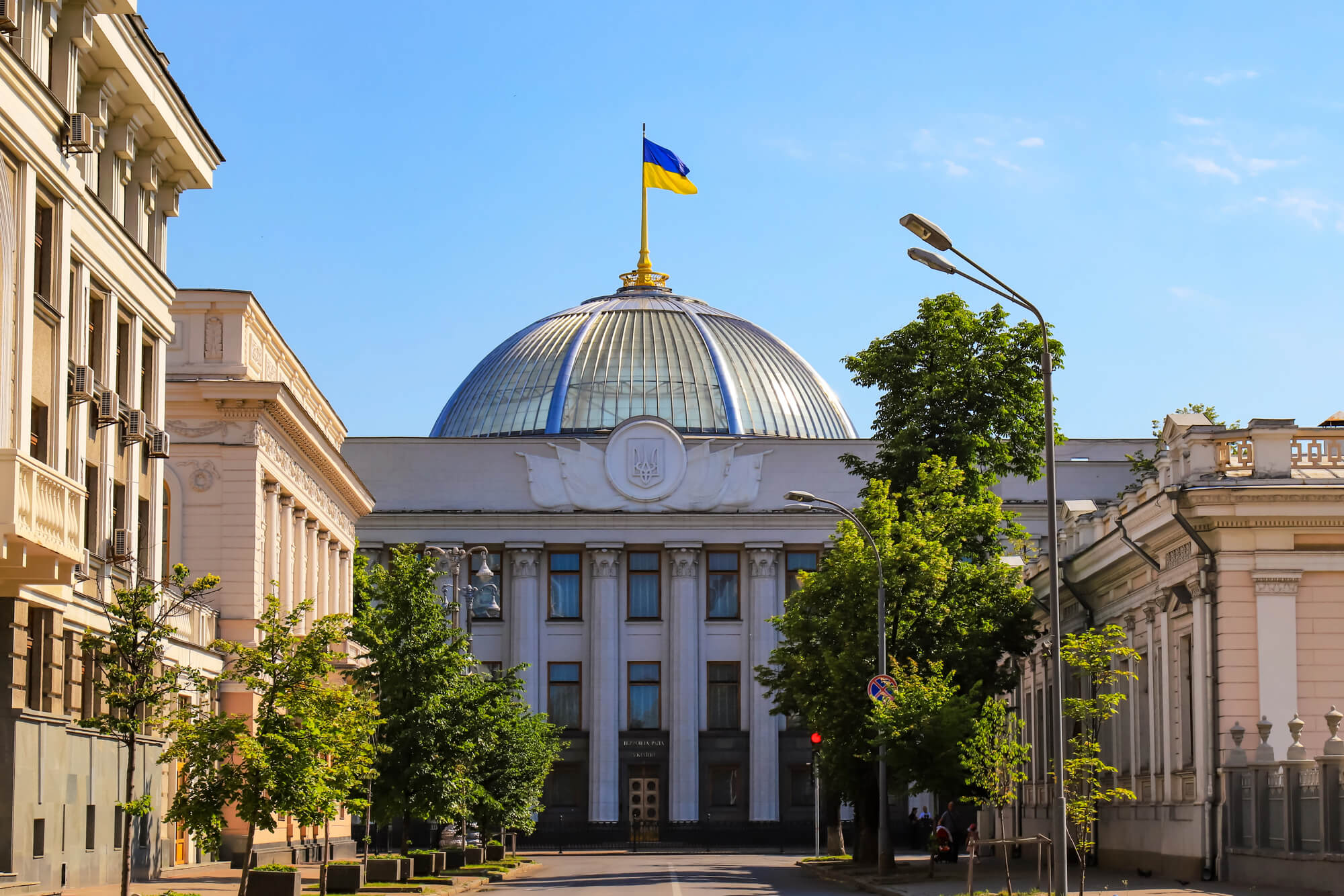Review on the article Ukraine Needs Decentralization to Develop Future Democratic Leaders by Tymofiy Mylovanov (University of Pittsburgh), Roger Myerson (University of Chicago, Nobel Prize laureate 2007), Gerard Roland (University of California Berkeley).
The article is reasonably good. There are no factual errors, except for the sequence of Maidan’s events (edited by editor). The issues of forming of political elite in Ukraine are expounded perfectly.
However, given the American experience of self-government realization the article seems to be still incomplete. In the USA, Canada the local taxes and fees play an extremely large role in local budgets. This tool of enhancing the responsibility of local officials as well as very close and fast voters’ reaction on unreasonably high rates or non-transparency of the draft of local budget funds unfortunately are not fully addressed here. At the same time an unified local party ideology that serves as a foundation for personnel preparation is formed exactly at the local level. The article speaks about the personnel development in executing agencies, although the same training is observed (where, at local authorities or local authorities relate to politicians?) for politicians that work as the deputies in local authorities.
It is somewhat naive to expect for a breakneck disappearance of local oligarchs as a result of the repressive actions of the law-enforcement agencies. However, decentralization of power will naturally reduce their interest in staying in local authorities, due to voters’ quick reaction following on taking publicly decisions.
One has well noticed the impact of decentralization on improving the quality of local policies through the comparability of different local authorities nearby. However, one should specify that such comparability is provided through the homogeneity of administrative-territorial units, which in turn is formed through the reform of the administrative-territorial system. Again such comparability gives the ability to learn from mistakes.
On the whole, this article deserves your attention.
Decentralization Week
Hlib Vyshlinsky: It is Important to Understand What Features of the Decentralization are the Key for Emergence of New Political Leaders (Hlib Vyshlinsky, Executive Director, Centre for Economic Strategy)
Decentralization vs. Anti-Centralization (Oleh Zahnitko, Gide Loyrette Nouel)
Sergei Guriev: Decentralisation will Not Work As Long As Large Companies Remain in Government Ownership (Sergei Guriev, Professor of Economics, Sciences Po, Paris)
Struggle For The Constitution Is Going On (Appeal of Vice Speaker Oksana Syroid about the proposed amendments to the Constitution of Ukraine)
Viktoria Sumar: Terms Require Greater Concentration of Power in President’s Hands(Viktoria Sumar, MP of Verkhovna Rada (8th convocation), fraction of political party “People’s Front”)
Georgy Egorov: the Central Government Should Have the Authority to Intervene with Force (Georgy Egorov, Kellogg School of Management, Northwestern University, USA)
Opinion on the Draft Law Amending the Constitution of Ukraine Submitted by Oksana Syroyid (Oksana Syroyid, deputy speaker of the Verkhovna Rada of Ukraine, member of the constitutional commission)
Smart Decentralization: a Bottom-up Path Toward Functioning Institutions and Economic Prosperity (Mark Bernard, Assistant Professor of Economics, Goethe University Frankfurt, Germany)
Paul Gregory: Ukraine Must be Concerned by the Sabotage of Elections by Russian Money and by Russian Special Operations (Paul Cregory, Hoover Institution, Stanford and University of Houston)
Andrei Kirilenko: There is a 500-Year-Old History of Formal Self-Governance in Ukraine (Andrei Kirilenko, MIT Sloan)



